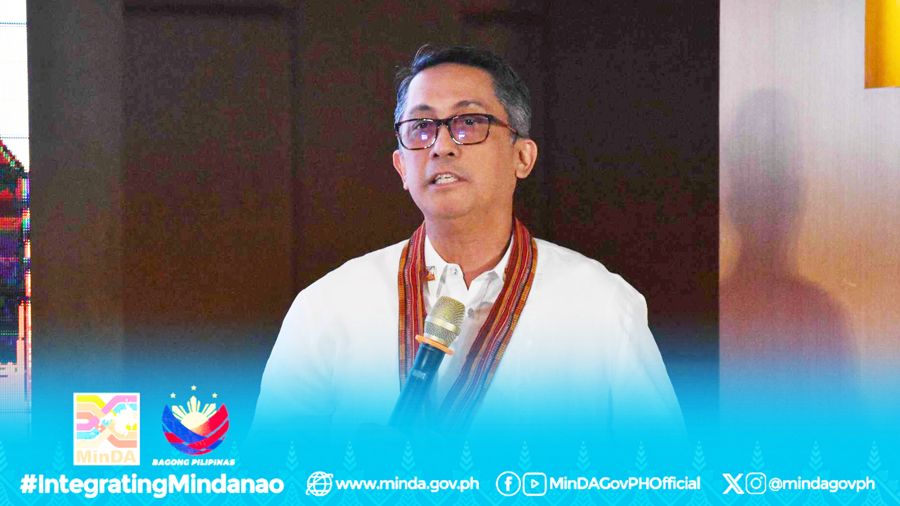DAVAO CITY – The government will pursue the waste-to-energy (WTE) and Davao City Public Transport Modernization Project (DCPTMP), Secretary Leo Tereso Magno, chairman of the Mindanao Development Authority (MinDA) said.

MAGNO (FB)
Magno, speaking during the Business Matters media forum here on Friday, August 9, said that he is not aware that these big-ticket projects have been cancelled.
He refuted the claim of Mayor Sebastian Duterte here that financial support for big-ticket projects from the government had been withdrawan due to the growing tensions between President Ferdinand R. Marcos Jr. and the Duterte family.
Magno said that he was informed that the Department of Environment and Natural Resources (DENR) is studying how the government will implement the WTE project since it will be funded through a grant from the Japanese government.
He said that MinDA is part of the team assisting the DENR in the implementation the WTE project.
In August 2022, the City Council of Davao passed a resolution urging Marcos to provide a P3.486 billion counterpart fund for the project in addition to the commitment of the Japanese government to donate 5.013 billion yen or equivalent to P2.052 billion to partially fund the project.
During his State-of-the-City Address (SOCA) on Tuesday, August 6, Duterte noted a slowdown in nation-building under the current administration and expressed doubts if the national government would finance WTE and HPBS projects.
Magno added that representatives from the project management office leading the implementation of DCPTMP, also known as the High Priority Bus System (HPBS), visited his office last week to update him on its status, specifically on the acquisition of road right-of-way.
“I have no knowledge of HPBS being cancelled. Tuloy-tuloy naman ‘yung project na ‘yan (That project will still continue),” he said.
The total project cost of P73.4 billion will be funded by a loan from the Asian Development Bank (ADB), national budget, and local budget.
On July 1, 2023, the Philippine government signed a $1-billion (P54.89 billion) loan agreement with the ADB for the HPBS in Davao City.
According to ADB, the HPBS would service about 800,000 passengers per day.
It said the project would include the “construction of around 1,000 bus stops with bright lighting and shelters, five bus depots and three bus terminals, and provide bus driving training for the new system.”
Once operational, the HPBS will have 29 bus routes divided into the following four tiers – MetroDavao (will form the core services that connect all major commercial centers along five routes), DavaoInter (will run along with eight routes connecting the inner urban areas directly to the Davao Central Business District), DavaoFeeder (will run along nine routes linking smaller centers and areas of more dispersed populations to the MetroDavao services), and DavaoLocal (will provide a link between the outer rural areas of the city and main transport system or the integrated terminals).
Under the HPBS, around 1,000 bus stops will be put up at a distance of 500 meters in between stops on the 29 bus routes around the city.